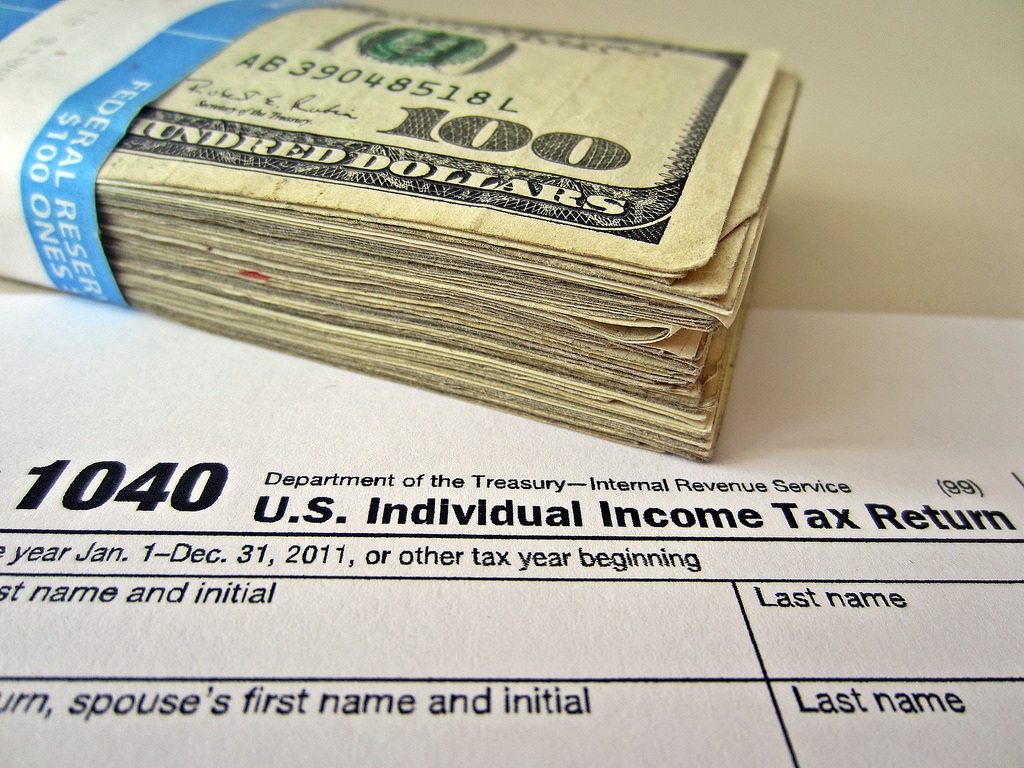Von Goethe wrote, “Many people take no care of their money ’til they come nearly to the end of it …” The new year is time to create new resolutions and revisit old ones. One-quarter (25 percent) of Americans want to spend less and save more money as part of their resolutions, according to Nielsen. Unfortunately, far too many people break their promise of becoming more fiscally responsible. When it comes to your wallet, it’s key to be disciplined and have a good game plan. Here are ways to do just that and have a prosperous year.
- Measure your money.
As the saying goes, “What gets measured gets managed.” Create a budget and differentiate between your needs and wants. It’s key to know your disposable income so you’re clear about spending limits. Growing your bank account simply involves putting in more money than what you take out.
Moreover, you should be realistic when creating your budget and to remove non-essential items from your buying list. Non-essential spending usually arises from impulse shopping. It is comprised of things that don’t add much value to your life over the long-term and that end up as junk in your garage.
- Pay on time and track your credit.
Paying bills on time will avoid negative reports on your profile as delinquencies will lower your score and increase your borrowing cost over the duration of the loan.
Most Americans want good credit. A 2016 Credit Confidence Study by Capital One found that 86 percent of respondents say they want to increase their credit score while 82 percent say they’re willing to do what it takes to improve their score. How does this metric improve your finances?
Your credit score affects your ability to get key loans such as car loan or home mortgage. Moreover, your credit profile impacts your borrowing costs and ability to pass a background check. Each year, you can access your credit report from the three major credit bureaus, as provided by federal law. There are free apps such as CreditWise that let you monitor your score without adverse consequences to your credit profile.
Your smartphone is the gateway to discounts and perks offered by companies that want to attract your business. Consider downloading mobile apps offered by your favorite retailers to unlock savings and offers. For example, RetailMeNot and SlickDeals are all-in-one discount apps that hunt for deals from thousands of retailers. If you shop at big box stores like Wal-Mart, Walgreens, Target, and Best Buy (to name a few), their mobile apps have shopper-friendly features that let you compare prices and redeem vouchers, among other features, all from your mobile device.
The key is stick to essentials. Level Money is an app that helps you track your key expenses and figure out what portion of your income you can responsibly spend.
- Digitize and be organized.
A paper trail of receipts, warranty cards, and gift vouchers are a thing of the past. They’re inefficient and difficult to verify when damaged or lost. Consider using mobile wallet technology which digitizes your purchase information, account details, gift vouchers, and other records.
Also, consider using scanning apps that let you use your smartphone’s camera to scan your paper receipts, coupons and other purchase information. Storing your data in digital format gives you peace of mind when records are damaged or misplaced.
Most everyone wants to improve his or her finances. There’s a roadmap to get there that includes creating a reasonable budget, monitoring your credit profile, using technology to get discounts and offers, and organizing your wallet. The new year is time to shore up your finances!
Featured photo credit: Photo credit: Flickr (commercial use & mods allowed) via flickr.com













































